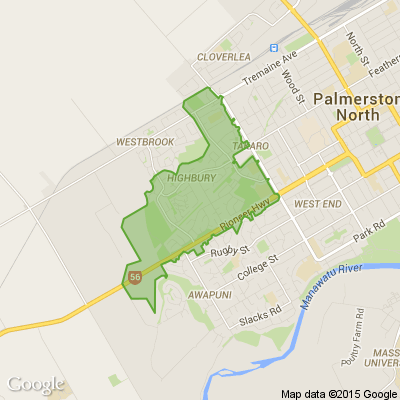What is Fabric Pilling?
Whilst it can be unsightly, pilling is not a fabric defect or flaw.
You’ve no doubt had clothing, furniture or blankets that have developed ‘pills’ over time, or little lint balls, that can make the fabric look worn. This undesired texture is caused by loose or broken fabric fibres that rise to the surface and knot together after being rubbed or subjected to any friction. The loose fibres that are bunched into balls also bring in strands that are still secured to the fabric itself, thus the balls stick around on the exterior. Even though people are dismayed to see pilling on their items, understanding fabric pilling helps to prevent and remove these bothersome balls.
Causes of Fabric Pilling
What does it mean when fabric is pilling? Pilling is a result of normal wear and tear that causes friction on the fabric. Simply wearing clothes, using your couch or otherwise rubbing up against the material gives the possibility of pilling. Washing and drying clothes or fabric can also speed up the pilling process as it causes multiple surfaces to rub together fairly quickly and for a long period of time.
Sometimes you can have pilling that differs in colour to the base fabric as multiple coloured fibres have migrated and twisted together. Although not desired, a little decorative perhaps?
Pilling is more noticeable on synthetic fibres. This is mainly because natural fabrics shed loose fibres easily and naturally slip away so they tend to not become matted into balls. However, synthetic fibres are extremely strong, so it will pill and then remain strongly attached to the fabric.
Keep reading: www.curtainclean.co.nz...

⚠️ DOGS DIE IN HOT CARS. If you love them, don't leave them. ⚠️
It's a message we share time and time again, and this year, we're calling on you to help us spread that message further.
Did you know that calls to SPCA about dogs left inside hot cars made up a whopping 11% of all welfare calls last summer? This is a completely preventable issue, and one which is causing hundreds of dogs (often loved pets) to suffer.
Here are some quick facts to share with the dog owners in your life:
👉 The temperature inside a car can heat to over 50°C in less than 15 minutes.
👉 Parking in the shade and cracking windows does little to help on a warm day. Dogs rely on panting to keep cool, which they can't do in a hot car.
👉 This puts dogs at a high risk of heatstroke - a serious condition for dogs, with a mortality rate between 39%-50%.
👉 It is an offence under the Animal Welfare Act to leave a dog in a hot vehicle if they are showing signs of heat stress. You can be fined, and prosecuted.
SPCA has created downloadable resources to help you spread the message even further. Posters, a flyer, and a social media tile can be downloaded from our website here: www.spca.nz...
We encourage you to use these - and ask your local businesses to display the posters if they can. Flyers can be kept in your car and handed out as needed.
This is a community problem, and one we cannot solve alone. Help us to prevent more tragedies this summer by sharing this post.
On behalf of the animals - thank you ❤️

Worst Xmas ever?
There's a a lot of planning that goes into Christmas day and sometimes things just don't go to plan. But it can be a good thing - a family mishap or hilarious memory that you can laugh about in Christmases to come.
Whether you burnt the dinner or were stranded at an airport...
Share your Christmas mishaps below!








 Loading…
Loading…






















